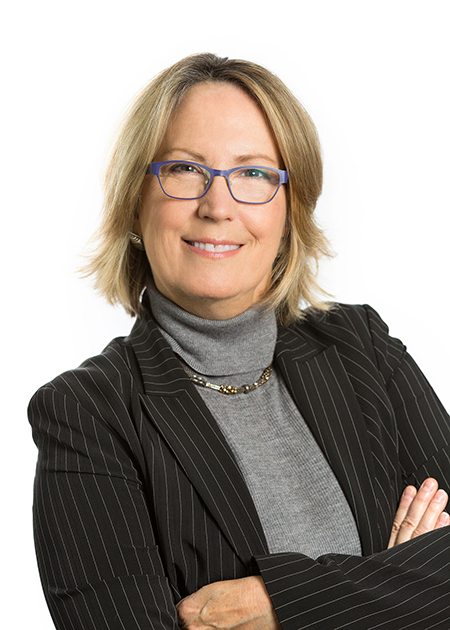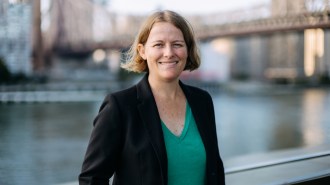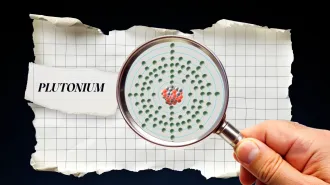The power of great editors, their lessons and legacy
By Nancy Shute
- More than 2 years ago
 Wouldn’t it be grand to have a test that could predict our risk of dreaded diseases like cancer? Signs of such a future exist, but it’s not here yet, as senior writer Tina Hesman Saey explains in the second of our three-part series on direct-to-consumer genetic testing. The tests available today fall short in delivering what we would actually want to know. The raw data are gibberish to the average person, Saey reports, and often include errors or omit crucial information. What’s more, we don’t have enough science to interpret the findings. For now, it’s very much a case of buyer beware.
Wouldn’t it be grand to have a test that could predict our risk of dreaded diseases like cancer? Signs of such a future exist, but it’s not here yet, as senior writer Tina Hesman Saey explains in the second of our three-part series on direct-to-consumer genetic testing. The tests available today fall short in delivering what we would actually want to know. The raw data are gibberish to the average person, Saey reports, and often include errors or omit crucial information. What’s more, we don’t have enough science to interpret the findings. For now, it’s very much a case of buyer beware.
I like to think that Warren Kornberg, who edited Science News in the late 1960s, would be happy with this series. I recently learned of Kornberg’s death at age 90 from former Editor in Chief Tom Siegfried, whose writing continues to grace the Science News website. (More on that in a moment.)
I didn’t know Kornberg, so I e-mailed Kendrick Frazier. He was hired by Kornberg, later became editor of Science News himself and now edits the Skeptical Inquirer. He quickly replied, saying he still feels a great sense of gratitude to Kornberg for fighting for high standards in science journalism. “Tall, slender, bald, he was the epitome of a hard-bitten, newspaper-type editor,” Frazier wrote. “He wanted the week’s science stories, and he wanted them to be clear and accurate. And with background and perspective. He could be very tough, but also had a sense of humor and could be gentle and understanding.”
In 1997, Science News editor Julie Ann Miller interviewed Kornberg for the magazine’s 75th anniversary special issue. Kornberg insisted that staff writers specialize in covering a specific field of science so they could interpret the field’s findings correctly, Miller wrote, a practice we continue today. And he wanted Science News stories to be in magazine form, with context, rather than the “inverted pyramid” newspaper form, which emphasizes “breakthroughs.” These days, we provide both breaking news coverage and the deeper context.
After he left Science News, Kornberg went on to the National Science Foundation, where he edited Mosaic, which was the NSF’s flagship magazine, and nurtured a generation of science journalists.
Yes, there’s a theme here: A magazine like Science News doesn’t exist for almost 100 years by accident. We have been blessed with a long chain of gifted, inspiring, fearless editors who have kept us going through good times and bad, and who have insisted that we hold ourselves to the highest standards. I’ve got a lot to live up to.
On that note, a recent blog post by Siegfried on notable quotes from physicist Richard Feynman is a master class in how a great writer can turn a Top 10 list into an illuminating excursion through a scientist’s mind (SN Online: 5/11/18).
Siegfried’s final Feynman quote made me laugh out loud: “The first principle is that you must not fool yourself — and you are the easiest person to fool.” Until we recognize how easily we can be fooled, Siegfried notes, we will be. An apt reminder of the importance of critical thinking and informed skepticism in this era of misinformation, science denialism and fake news.







